Challenge:
To develop a future vision for GEWEL Supporting Women’s Livelihood (SWL), a financial capacity project implemented in 2017.
Outcome:
#Her Zambia Scheme; a future government service with an in-depth ethnographic report, concept prototype, horizons of growth, relevant business model and development/growth forecast.
Role
As part of an independent design apprenticeship my role was to serve as a service designer and ethnographer to speculate a strategic path forward for the GEWEL project as it evolves to a permanent government offering in Zambia.
Client
The Zambian Ministry of Community Development and Social Services and the World Bank.
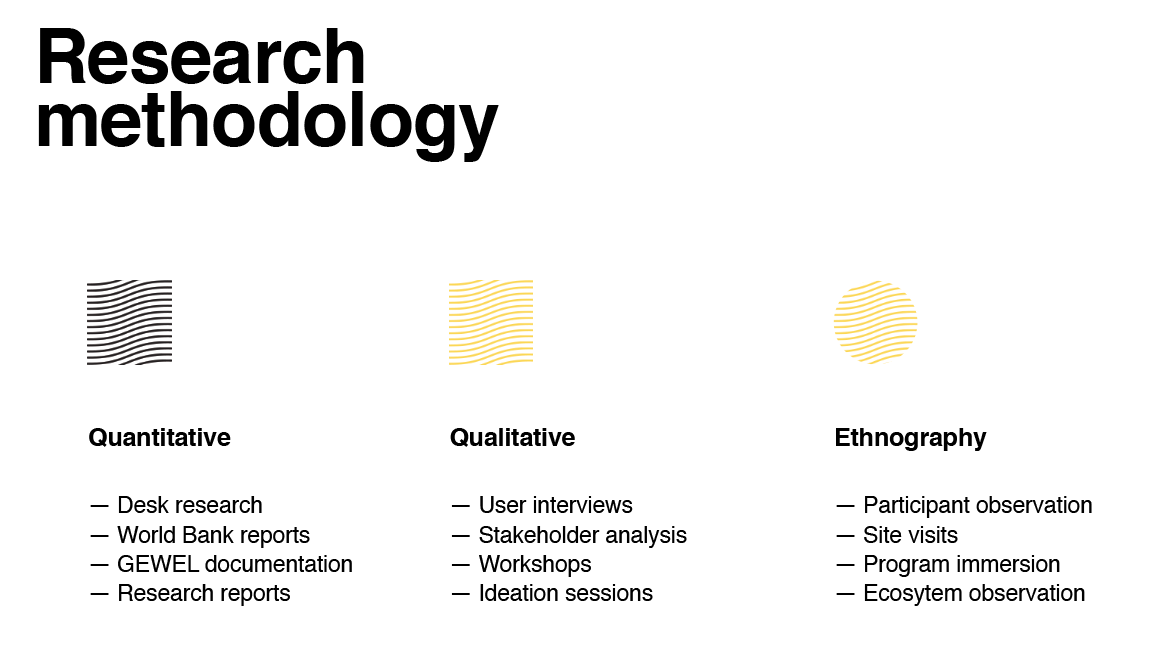
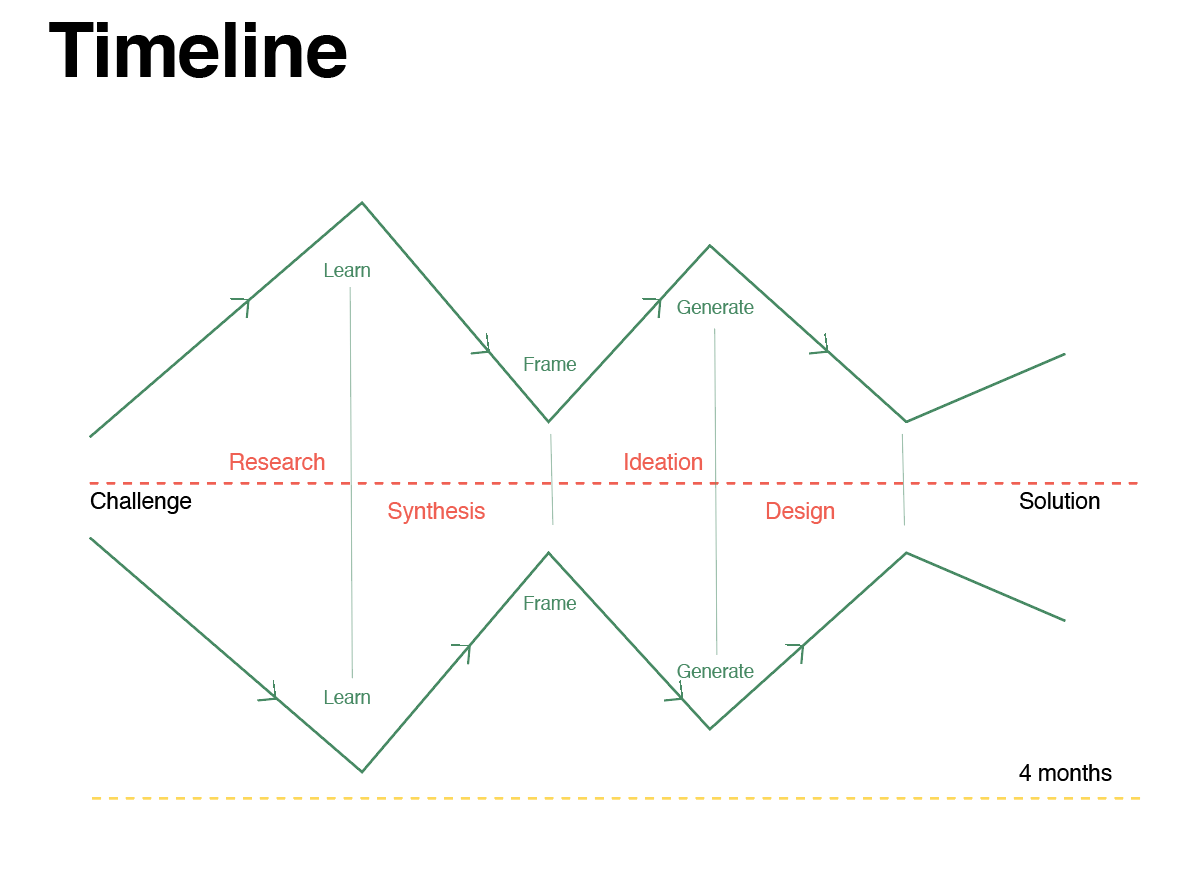
What is the #Her Zambia Scheme?
The #HerZambia Scheme is a national service vision focused on capacity building for rural Zambian women at the risk of poverty. The scheme envisions empowering the women to be catalysts for establishing regional food systems through inclusive smallholder farming activities.
3 Horizons of Growth
Horizon one focuses on building successful smallholder farms. This is the core of the whole scheme and will enable Grace to sustain her daily life through regular income generation by making the most of her existing skill set. Horizon two looks at embracing the emerging opportunity to develop community wealth by grouping small holder farmers in a cooperative model to access economies of scale while maintaining an operation within their capacity. Horizon three aims to nurture growth to uplift the entire region by developing regional food systems which will generate economic opportunities for the whole community.
Why Regional Food Systems?
My challenge was to build on the learnings of the GEWEL program which has reached 38,000+ women in 2 years. While the program has been successful, research revealed that a few gaps need to be bridged for a meaningful long term impact. Some of these gaps were:
- There is an urgent need to increase community wealth. Community wealth is dangerously low with the poverty rate in rural Zambia at 78%. This means an underdeveloped local economy, almost no local job opportunities or businesses, low levels of food production and an absence of basic healthcare and other civic institutions. So, it is really important to design a program for Grace that accommodates for this.
- Capacity building isn't just about empowering individuals, it needs to have a stronger network effect that extends to the whole community to have any long term value.
- Any empowerment scheme implemented needs to capitalize on existing behaviors. Zambia has large farmlands, potential for agricultural export and human capital with an organic farming skillset ( most Zambians grow up with exposure to smallholder farming practices) reveal an untapped area for Zambian economic and social development
This is Grace; the scheme was designed for women like her.
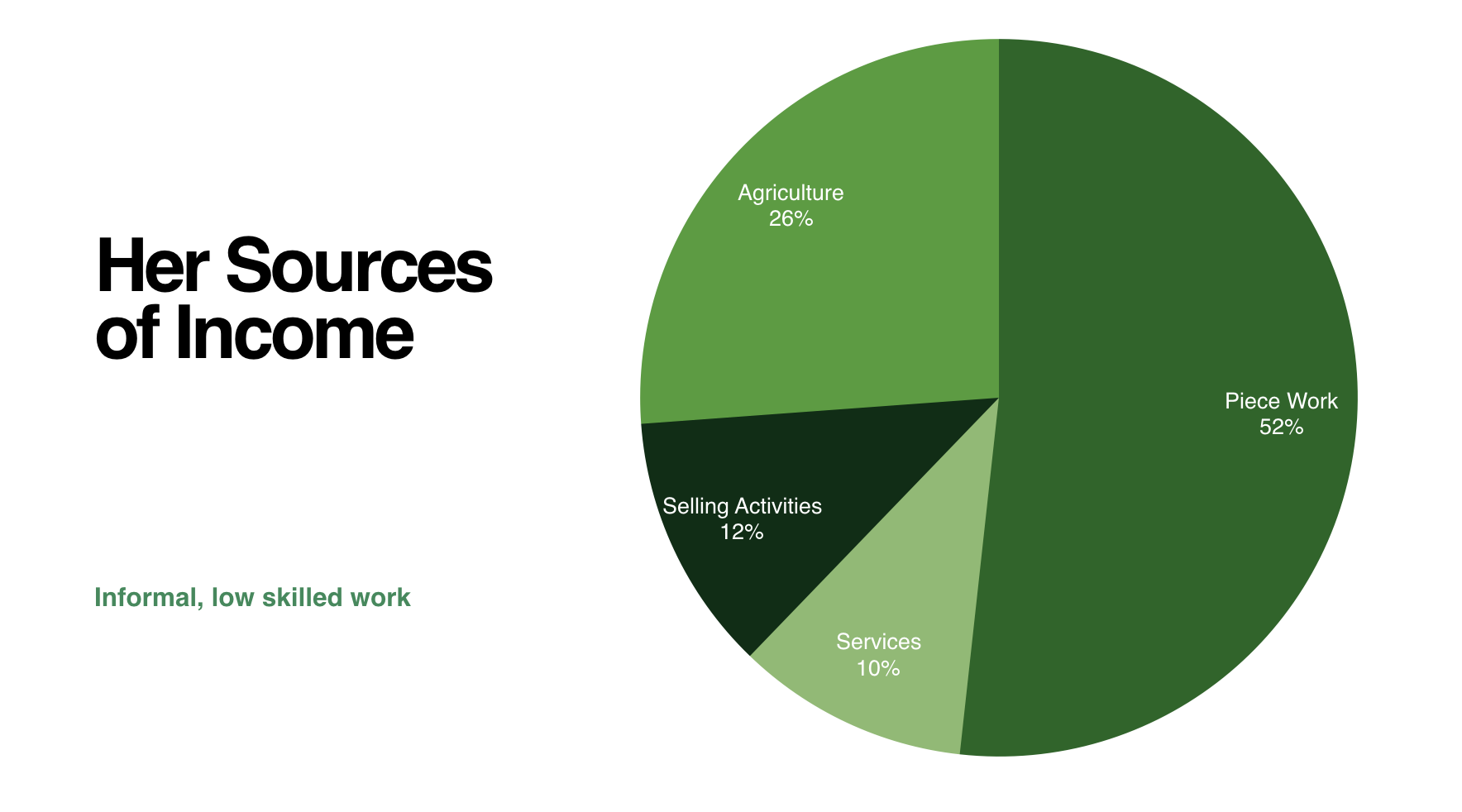
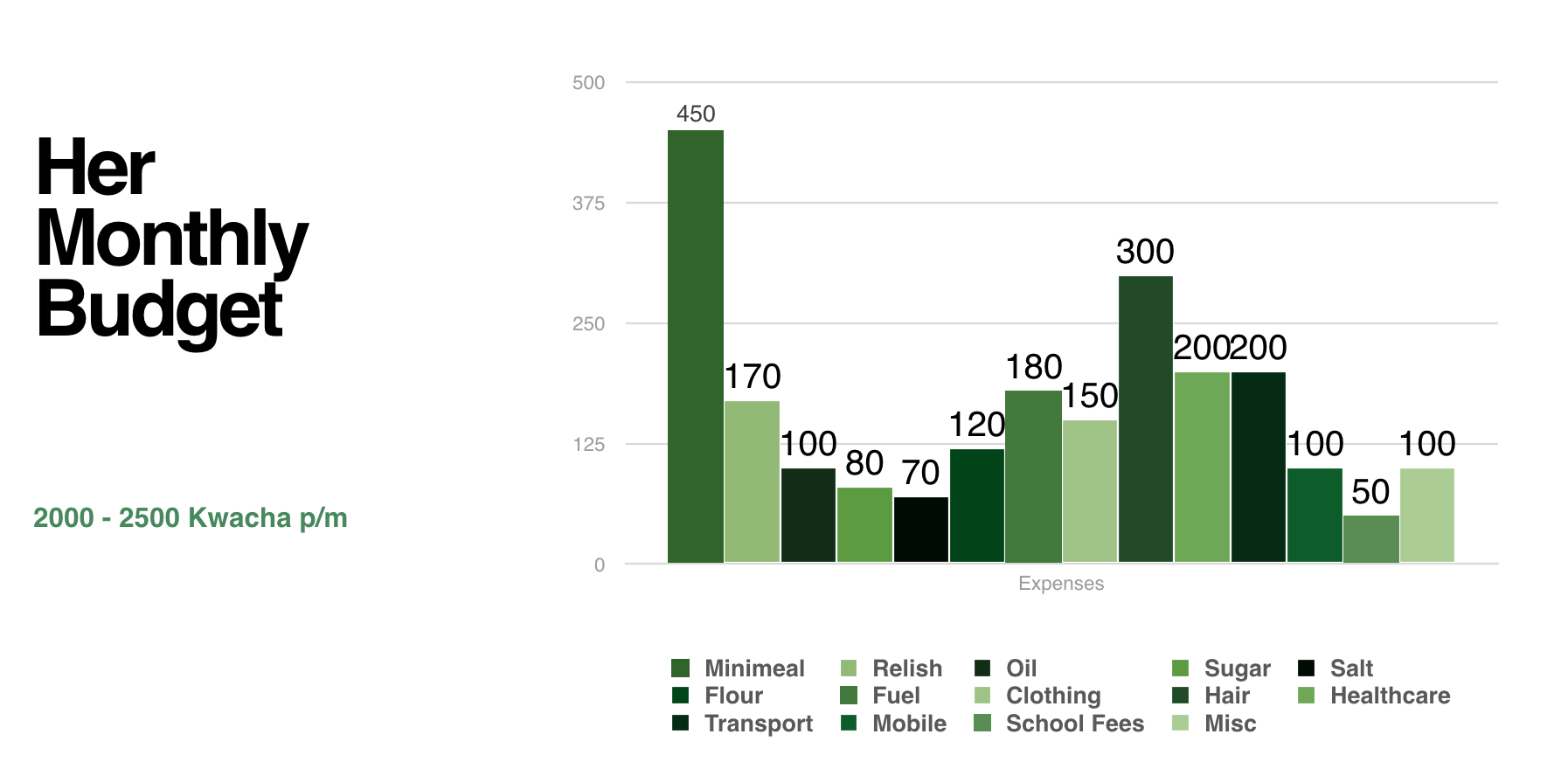
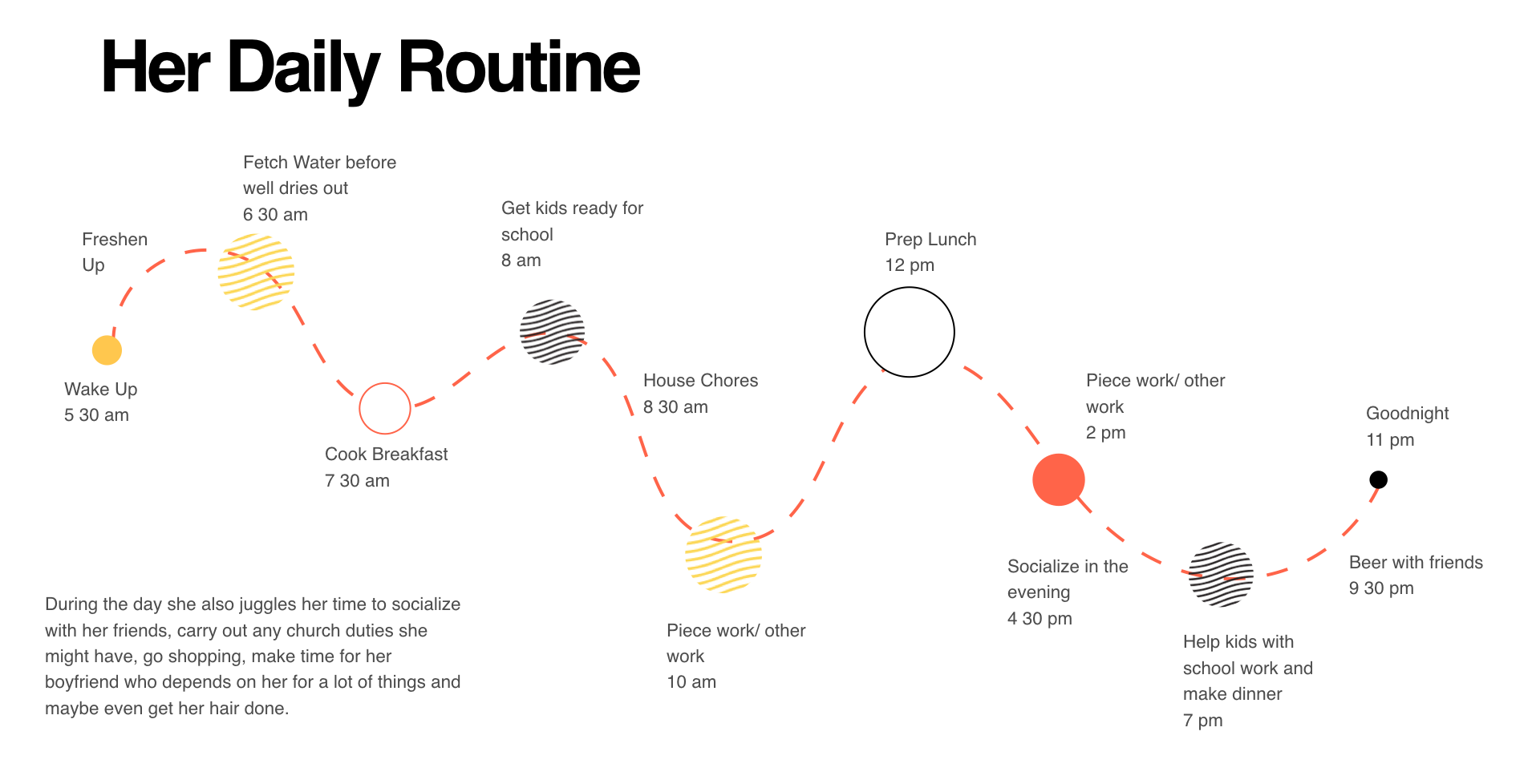
The most important challenge for this scheme will be to test ways in which the government can enable smallholder farming operations. ‘The chicken or egg’ prototype aims to build a 10 women poultry operation. The prototype taps into the research insights from Grace’s needs and from the GEWEL team. It hopes to, over one year, teach the selected women how to run a profitable small scale poultry operation to help them sustain their livelihoods and achieve financial stability.
This prototype was the result of multiple co-creation sessions to identify how the government might stimulate smallholder farming at a low cost in a way that connects with Grace. It was designed with the intention to develop a proof of concept of how enabling low cost smallholder farming activities can empower women like Grace to sustain their livelihood.
Ethnography Highlights
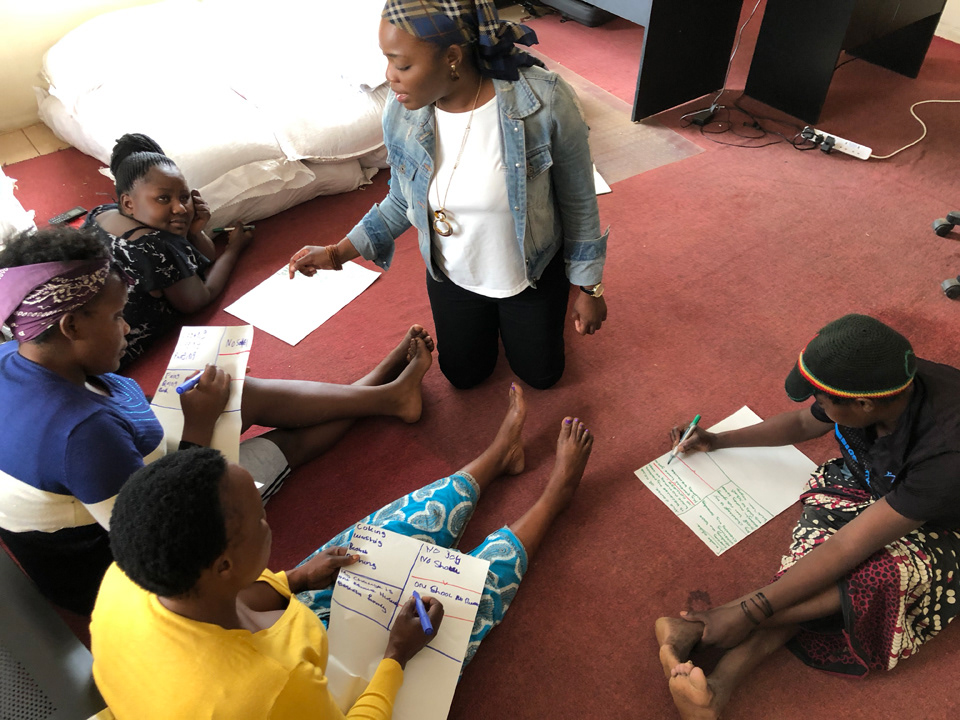
Co Creation Workshop
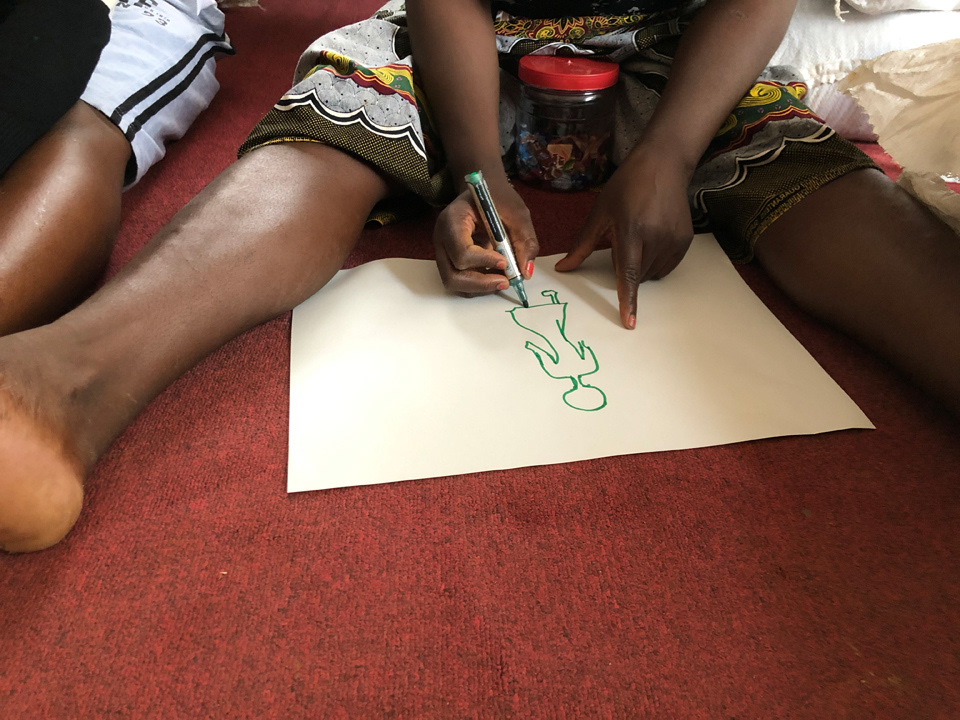
Co Creation Workshop
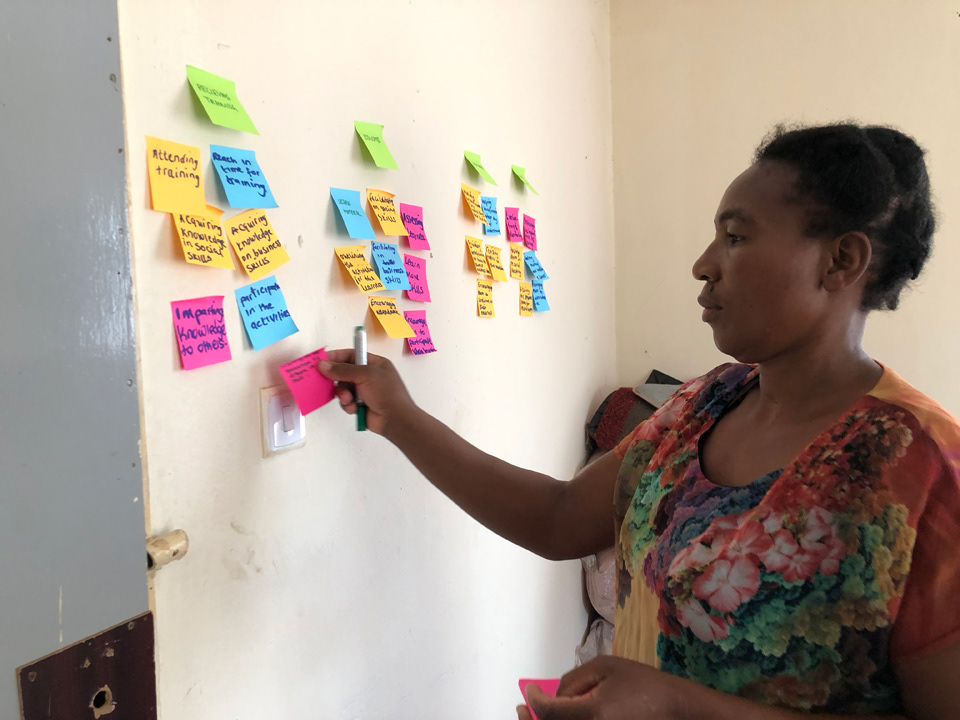
Co Creation Workshop
Interview
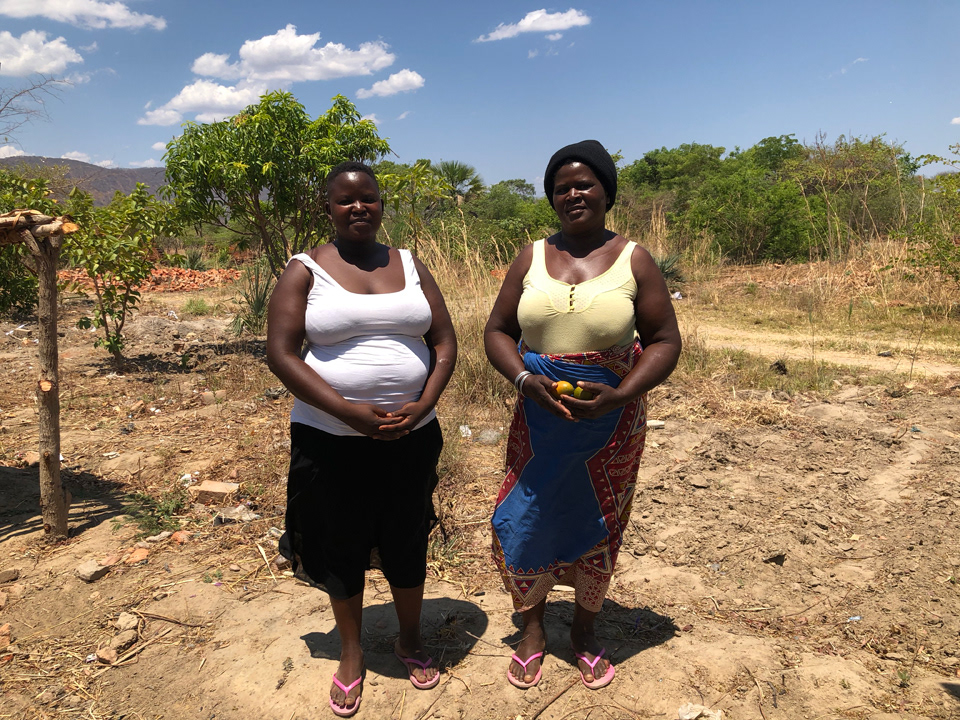
Participant Observation
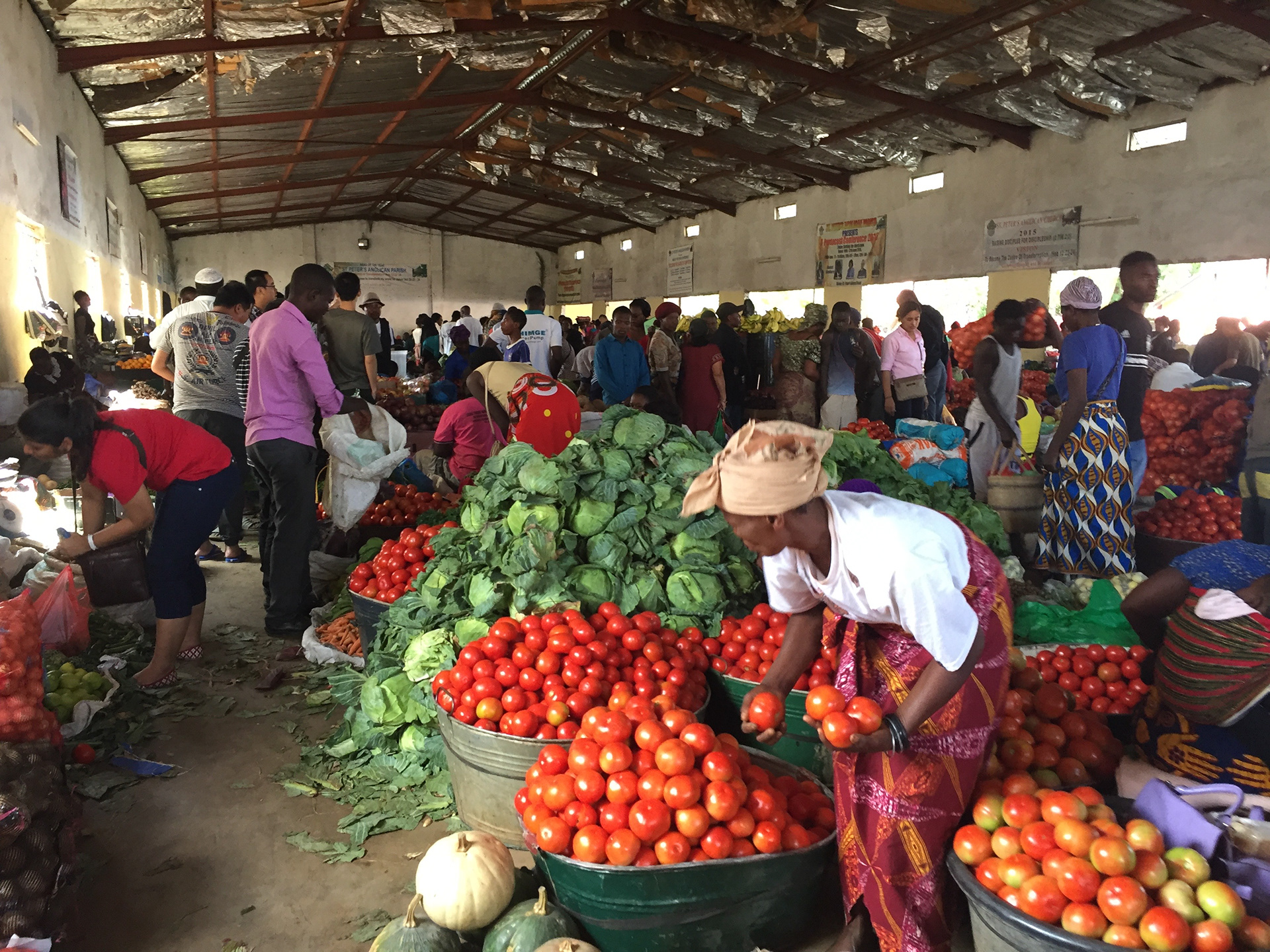
Site Visit
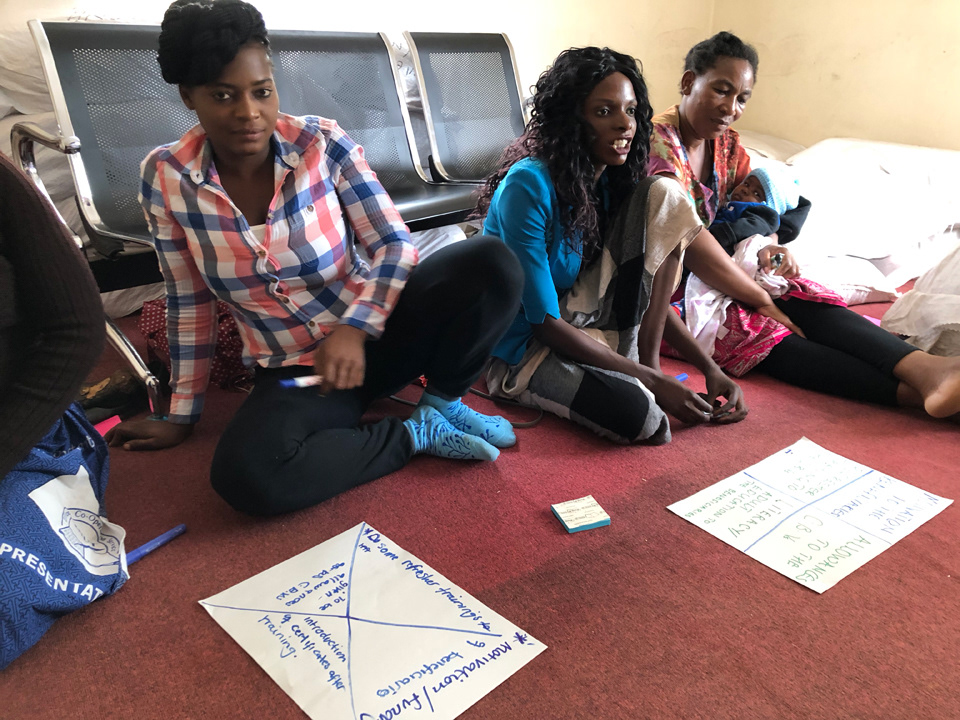
Co Creation Workshop
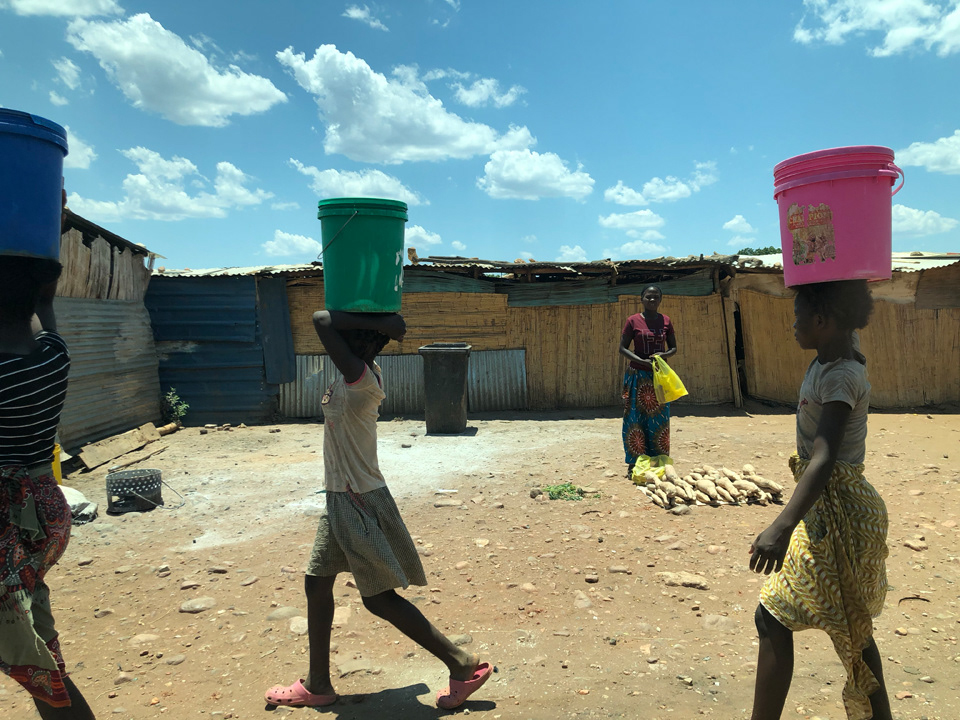
Participant Observation
A vision co-created with Grace and the Zambian Government.
During one of the workshops in Chikankata, a question was asked, “what kind of life do you want your daughters and granddaughter to live?”
The women were silent for a few minutes, unsure of what to say, the future is always uncertain. Then the first post-it was stuck on a page, it said “Able to have all the meals she wants.” Then the creative juices started flowing and more post its poured
in. They said, “She is attending an expensive university, pursuing law”, “Sleep comfortably in a king size bed” and “She spends money close to K500 for her hair, Brazilian wigs”. If you look at the image above it shows one of the worksheets filled up in the workshop. It was interesting to see that they saw the future lives of their daughters and granddaughters self contained with access to education, food and simple pleasures like pizza and smartphones. They didn’t imagine anything extravagant, they just pictured a comfortable life. This is not far from the government’s goals of achieving a middle income prosperous country.
The #Her Zambia Scheme is a vision to build a Zambia where its citizens lead a comfortable and empowered life; it looks to build a future with Grace and her community.
Project Partners:
Get the complete report! Fill in your details below:
Thank you!